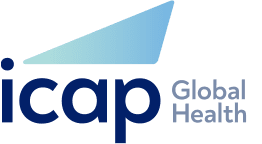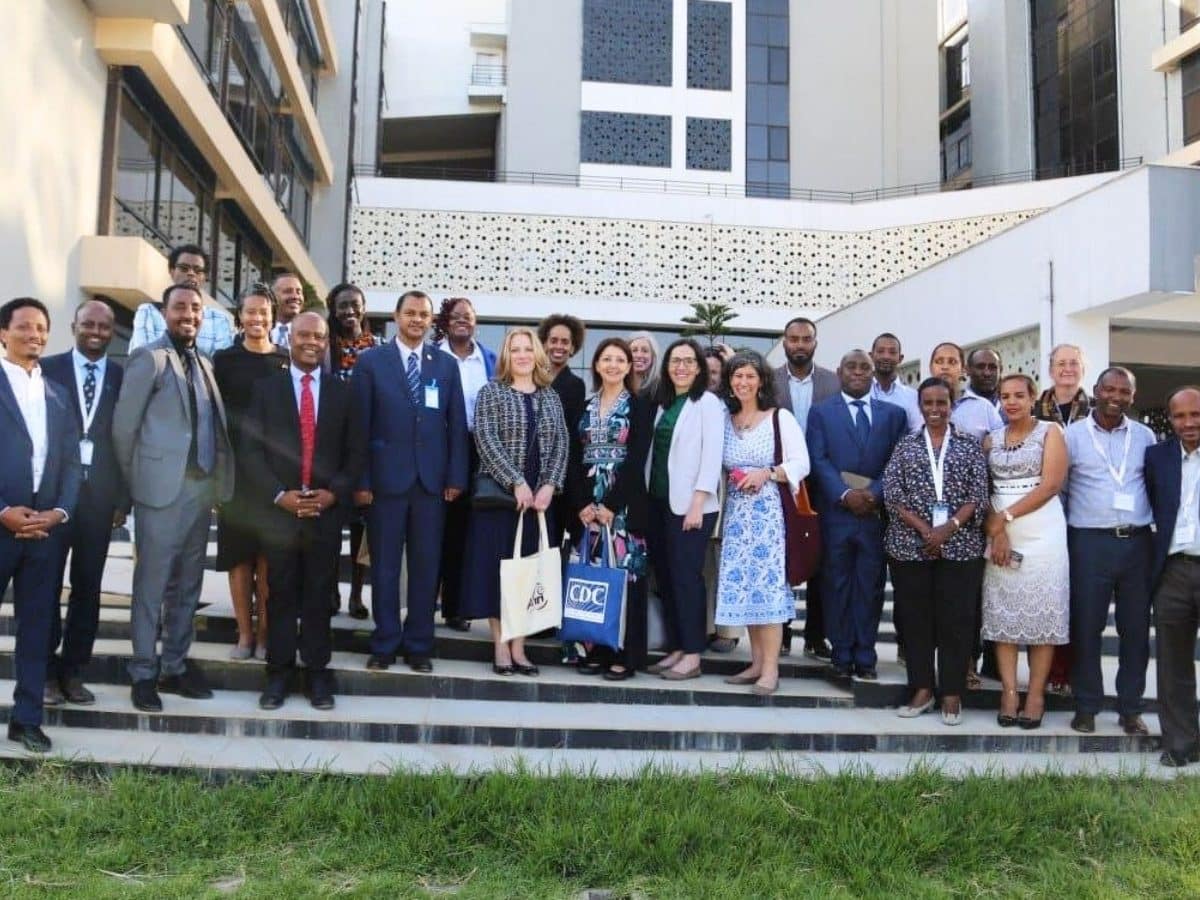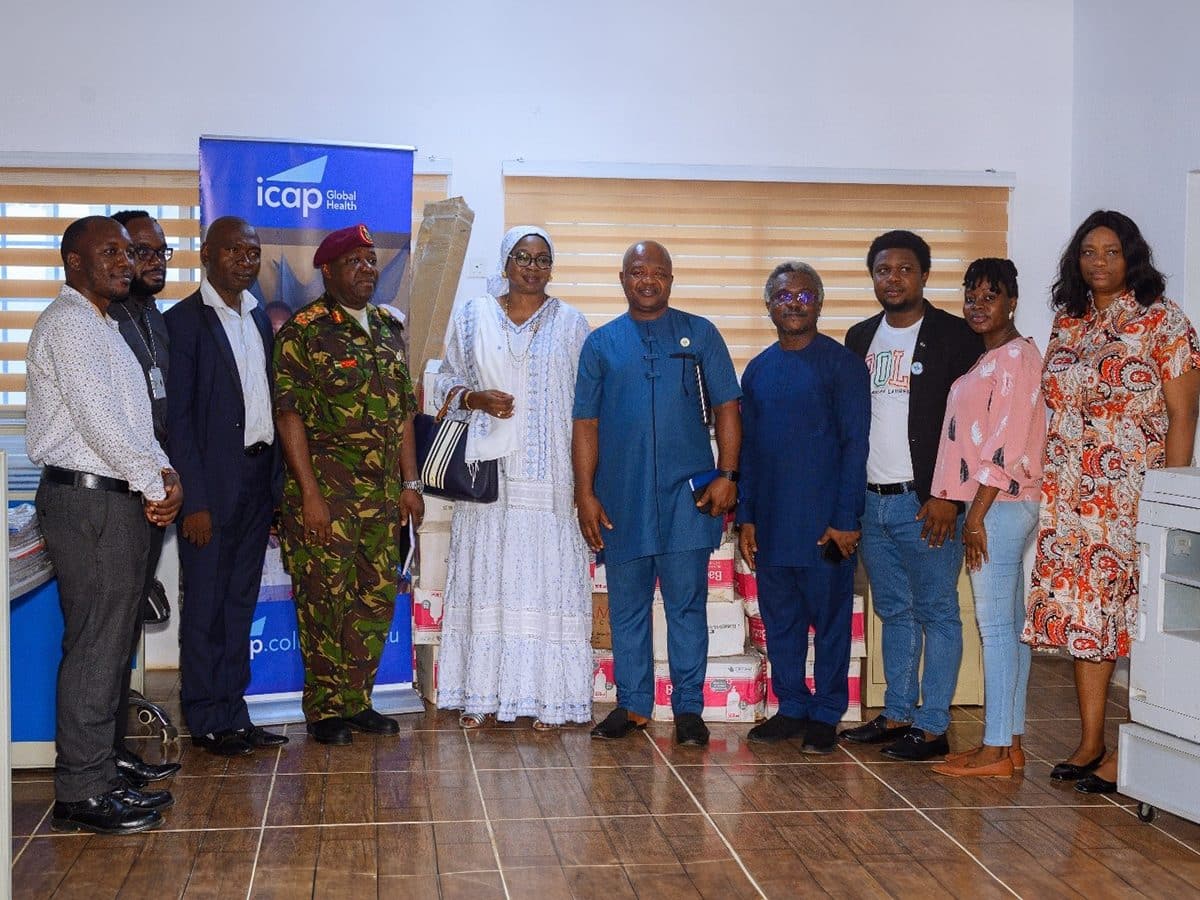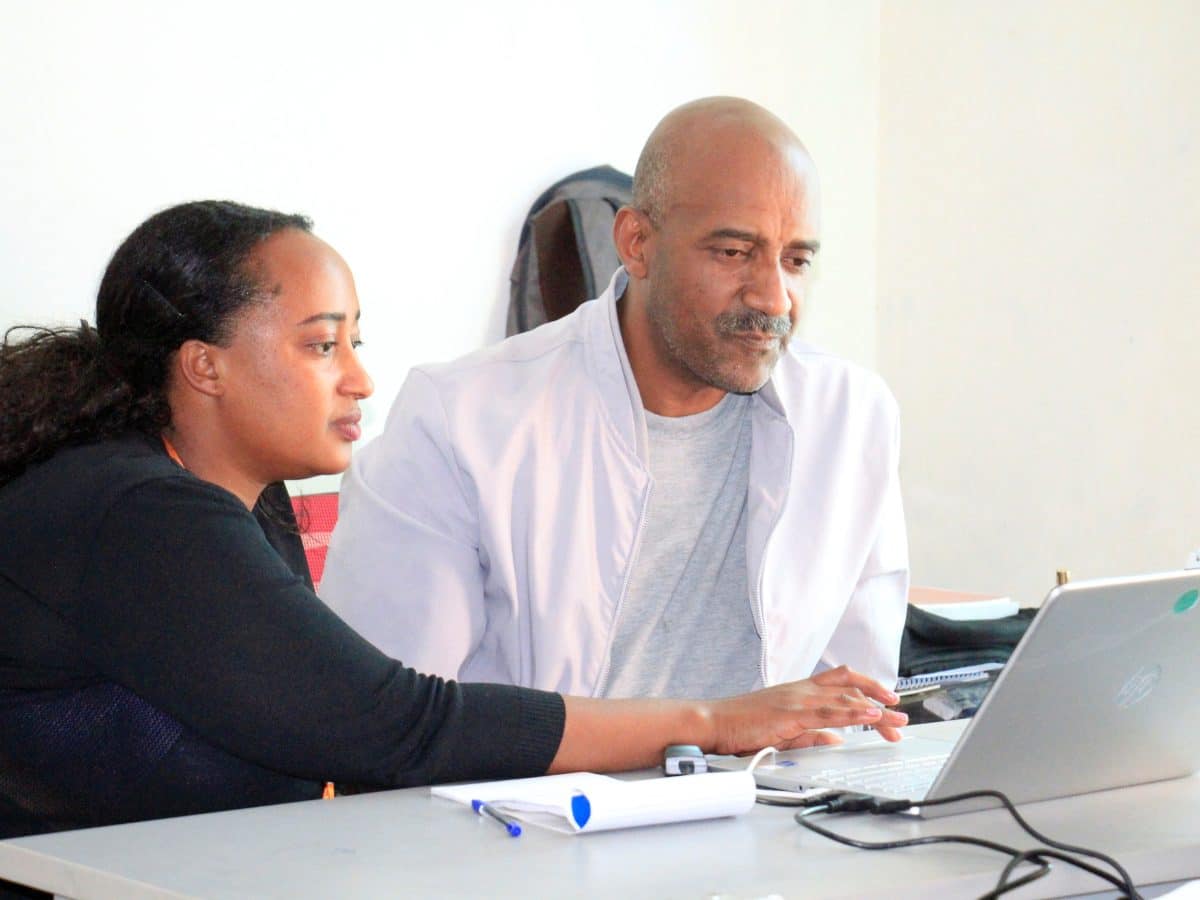Wafaa El-Sadr, MD, MPH, MPA, global director of ICAP at Columbia University, is quoted in a Jul 31 National Geographic article discussing best practices on keeping safe when going camping.
“Follow the same rules about [social] distancing, the wearing of face coverings, etcetera, so that you are [safe]. Even if you’re with people from your same household, bring masks, hand sanitizer, and antimicrobial wipes. Masks are imperative if you’re planning on going hiking on trails where you might come into contact with other people.”







